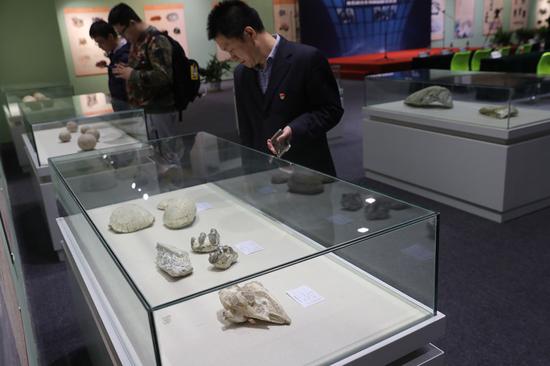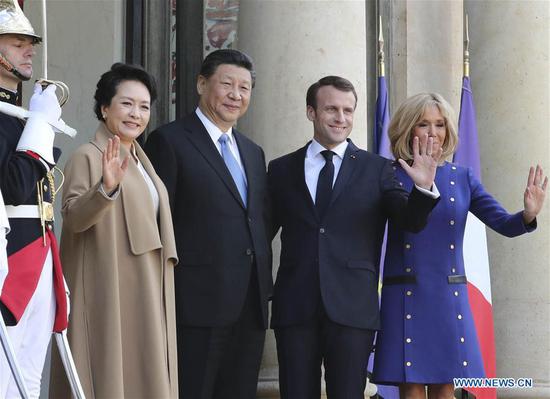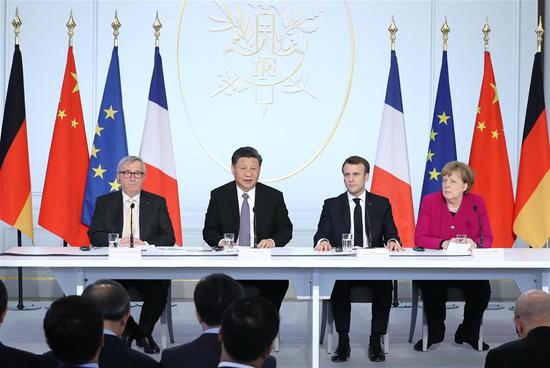
Liao Xiaoqi, former vice-minister of commerce, at a forum in Boao, Hainan province, on Tuesday. (Photo/Xinhua)
China's cross-border e-commerce is driving small and medium-sized enterprises to participate in international trade and investment, which will add strong impetus to globalization despite rising anti-globalization sentiments overseas, experts and business leaders said.
"Cross-border e-commerce greatly lowers the bar to enter global trade as the scale of doing business online doesn't need to be huge. Thereby, it is involving more participants, especially SMEs, in commerce worldwide," said Liao Xiaoqi, former vice-minister of commerce, prior to the Boao Forum for Asia, which officially kicks off on Thursday.
"Though globalization is facing some headwinds, cross-border e-commerce is expected to bolster and promote its development," said Liao, adding that with globalization, it is people across the world that will benefit in the end.
The remarks came as China has gained a strong momentum in cross-border e-commerce. Its market scale reached 9.1 trillion yuan ($1.36 trillion) last year and is expected to hit 10.8 trillion yuan this year, according to market consultancy iiMedia.
The country also unveiled last year a string of policies to promote cross-border e-commerce, including simplifying procedures for the entry of first-time imported items, enlarging product categories to enjoy preferential rates, and lifting the bar for purchase limits per head.
"An increasing number of SMEs are doing business online, helping people get access to high-quality products around the world and enabling global trade to be more diversified," said Pierre Poignant, CEO of Lazada, a leading Southeast Asian e-commerce platform.
Lou Yun, founder and CEO of Club Factory, a Chinese e-commerce website with 70 million users globally, pointed out that cross-border e-commerce, as a highly efficient supply chain, is acting like an "infrastructure provider" for SMEs.
"By doing such business, more SMEs are setting up their warehouses, customer services and a complete supply chain in foreign markets. Gradually, SMEs are able to serve customers overseas, just like big firms," Lou said.
With the deepening of cross-border e-commerce, more SMEs are leveraging technologies including artificial intelligence and big data to facilitate free flow of information, he added.
Nevertheless, foreign companies who want to tap into the Chinese market also stand to benefit from the expanded business scope with the burgeoning cross-border e-commerce in the country.
"Cross-border e-commerce can be an ideal way for foreign companies to debut in China thanks to easier access, lower costs and reduced time for market entrance," said Zhang Tianbing, Deloitte Asia-Pacific consumer products and retail industry leader.


















































